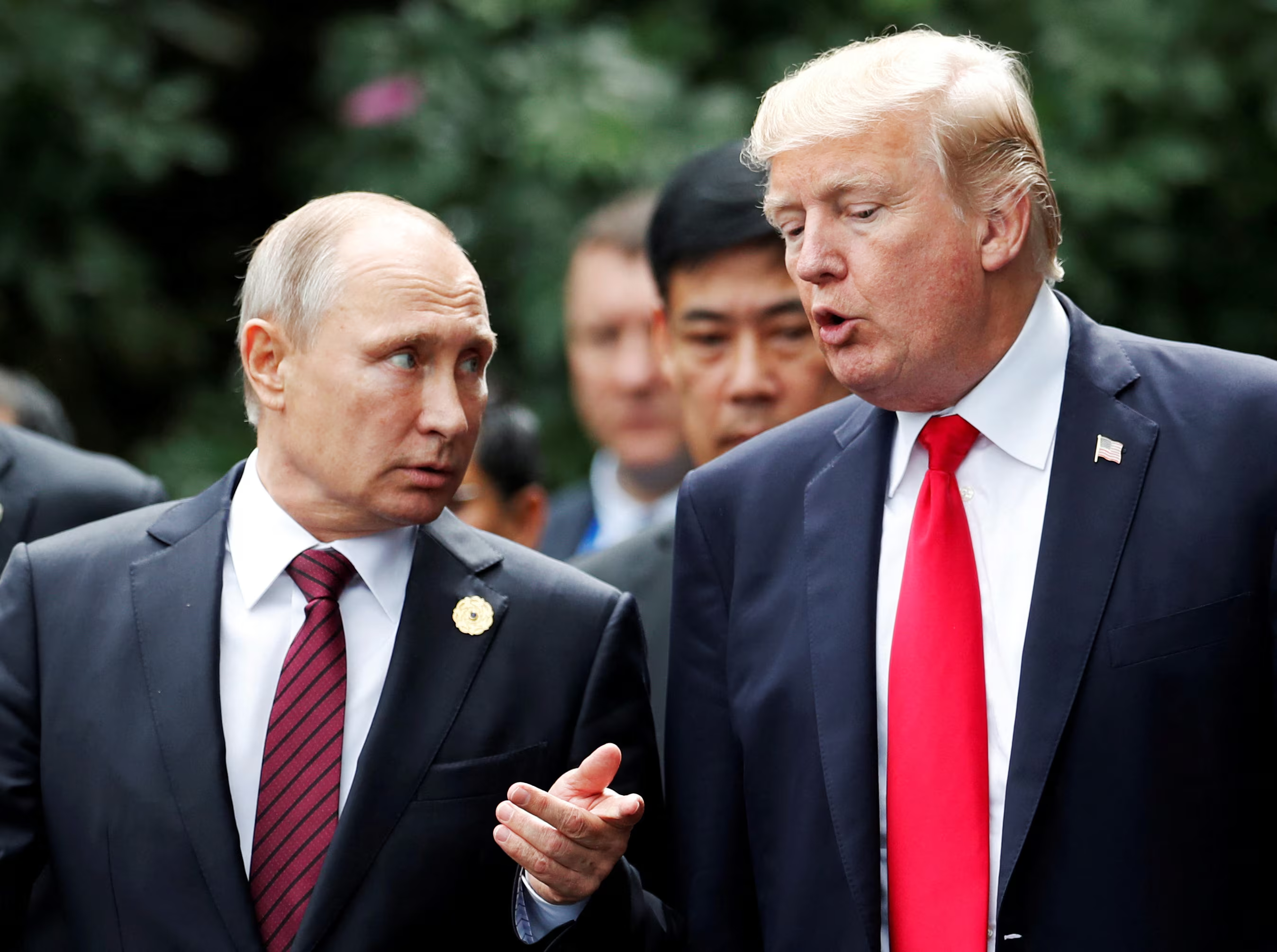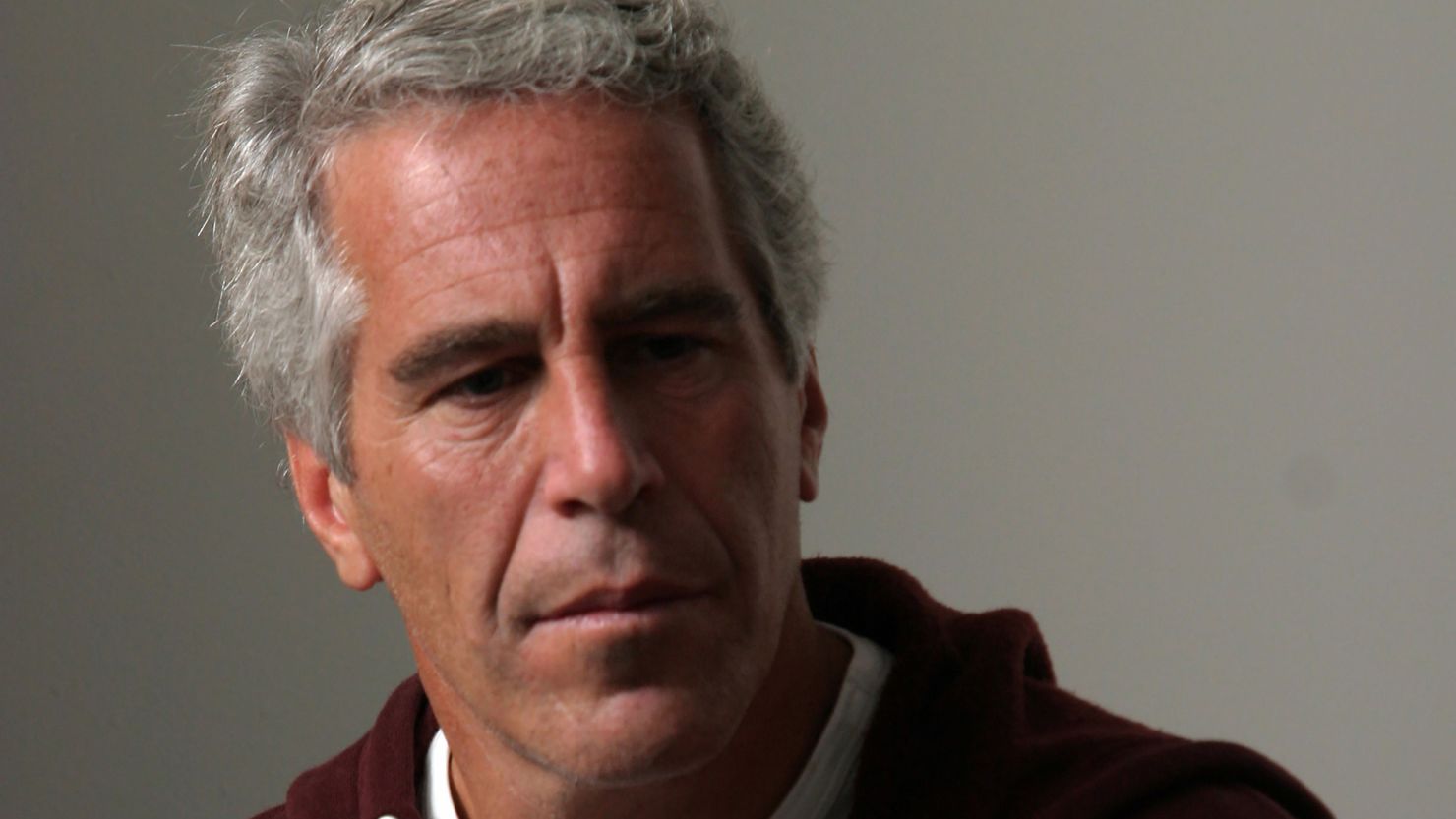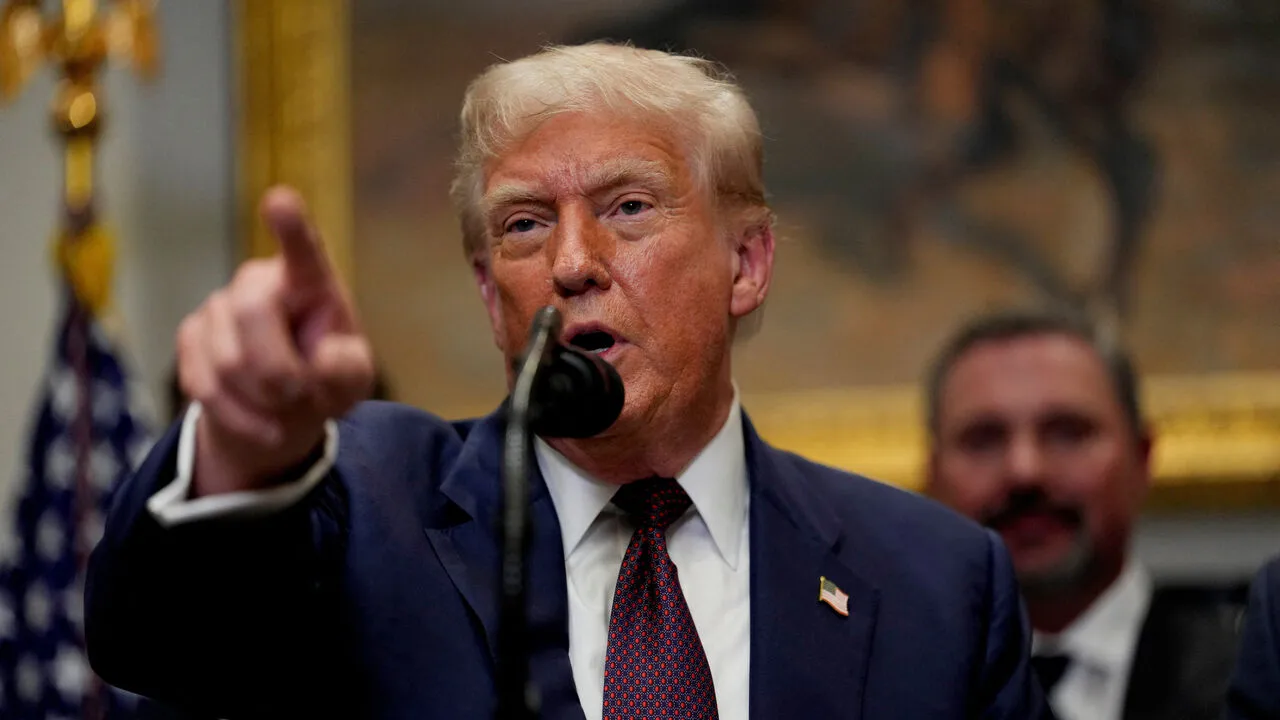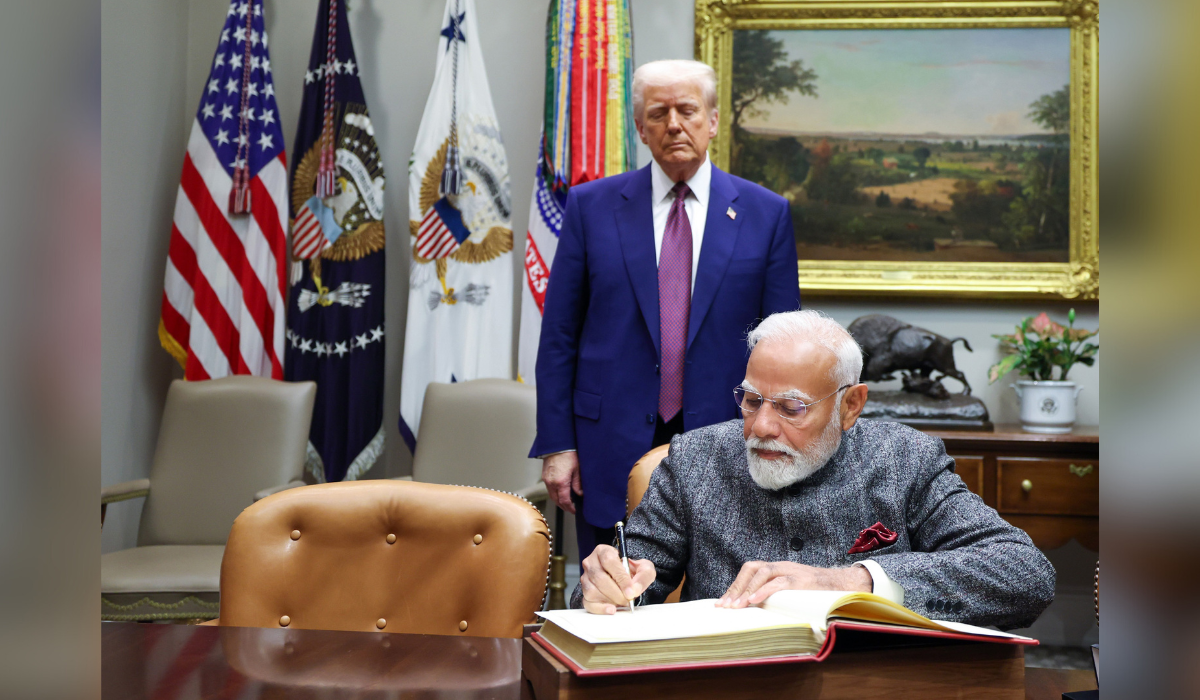

In a surprise move, US President Donald Trump is cutting his trip to the Group of Seven summit in Canada short, citing the escalating situation in the Middle East as the reason for his early departure. The White House announced on Monday that Trump would be leaving the summit after dinner with other heads of state, a day earlier than initially planned. This decision comes amid heightened tensions between the US and its allies over various issues, including conflicts in Ukraine and the Middle East, as well as trade tariffs imposed by the Trump administration.
The G7 summit, which brings together leaders from the world's most advanced economies, has struggled to find unity on several key issues. Trump's overt support for Russian President Vladimir Putin has been a point of contention, particularly given Russia's annexation of Crimea in 2014 and its ongoing involvement in the conflict in Ukraine. Trump has also been at odds with his allies over the Israel-Iran conflict, urging Tehran to evacuate immediately and reiterating his belief that Iran should have signed a nuclear deal with the US. The French President Emmanuel Macron has welcomed Trump's decision to leave the summit early, suggesting that it could be a positive step towards achieving a ceasefire in the Middle East.
The divisions within the G7 have been evident throughout the summit, with European nations pushing for tougher sanctions on Moscow and Trump resisting these efforts. The US president has also stopped short of endorsing Ukraine's bid to join the group, instead suggesting that Russia's exclusion from the former Group of Eight was a mistake. Ukrainian President Volodymyr Zelenskiy is scheduled to meet with G7 leaders on Tuesday, but Trump's comments have raised doubts about how much progress can be made. European officials are hoping to use the meeting with Zelenskiy and next week's NATO summit to convince Trump to take a tougher stance on Russia.
The lack of unity within the G7 has also been evident in the group's inability to agree on a comprehensive communique. Canada has abandoned efforts to adopt a joint statement, following the example of the 2018 summit in Quebec, where Trump instructed the US delegation to withdraw its approval of the final communique after leaving. Instead, leaders have prepared several draft documents on issues such as migration, artificial intelligence, and critical minerals, but none of these have been approved by the US. Without Trump, it is unclear whether any declarations will be made, according to a European diplomat. The summit has also seen some positive developments, including a trade deal between the US and the UK, but the overall mood remains one of division and uncertainty.
As the G7 summit draws to a close, it is clear that the group's inability to find unity on key issues will have significant implications for global politics. The divisions between the US and its allies on issues such as trade, security, and conflict resolution will continue to pose a challenge to international cooperation. Trump's early departure from the summit may be seen as a symbolic gesture, but it also reflects the deeper tensions and disagreements that exist within the G7. As the world's most advanced economies struggle to find common ground, the consequences of their inability to do so will be felt far beyond the Canadian Rockies, where the summit is being held. Ultimately, the failure of the G7 to present a united front will embolden authoritarian leaders and undermine the rules-based international order, making it even more challenging to address the complex global challenges that lie ahead.
AI Analysis Engine
Advanced content understanding & insights
Executive Summary
Key Insights
Implications
Analyzing Content
Our AI is processing the article...
164
Article Views
0
Comments
Recommended Reading
More Great Reads
Continue your journey with these hand-picked articles from our community
Community Discussion
Join the conversation
0
Comments
1
Likes
164
Views
Share Your Thoughts
Anonymous
No comments yet
Be the first to share your thoughts!







